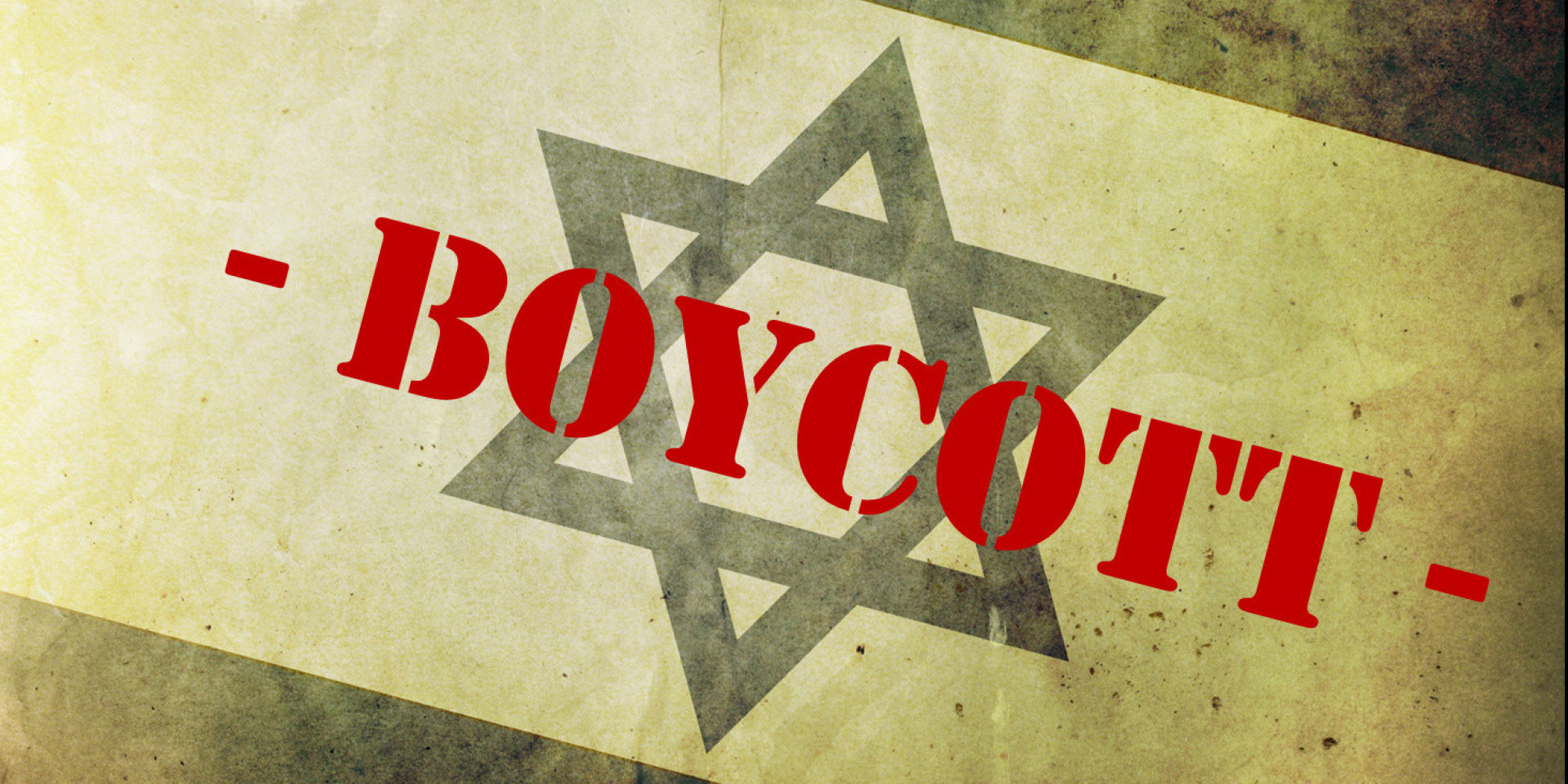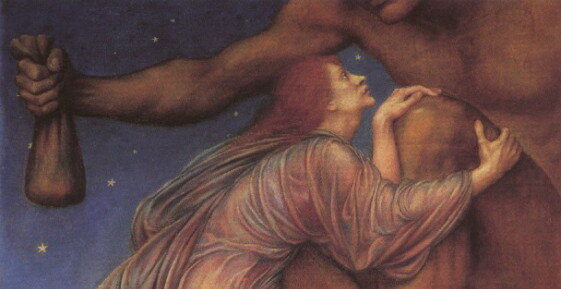Peter Mandelson: A two-way street

The European Union has offered steep cuts in farm tariffs as its contribution to the Doha “development” trade round, says Peter Mandelson. But developing countries could achieve even more trade benefits were they to cut their own manufacturing and services tariffs
With a few months’ hindsight it is likely that the hard-won deal at the Hong Kong ministerial meeting of the World Trade Organization (WTO) last December will look like the easy part of the Doha round of multilateral trade negotiations.
The agreement in Hong Kong to abolish all export subsidies by 2013 was a useful prize that advanced the key agriculture negotiation and the development goals that have been central to the Doha round since its launch in 1999. It was no small achievement – enough to save the meeting from failure – if not quite sufficient to make it a thorough success. After having suffered two failed ministerial meetings (in Seattle in 1999 and Cancún in 2003), the WTO also succeeded in breaking the “Cancún jinx” by bringing hard-fought negotiations to agreement rather than collapse.
Help to LDCs
There were also limited agreements by all developed countries to extend partial duty-free and quota-free market access to all 50 least-developed countries (LDCs). This is a welcome advance. I hope we can complete it by getting all developed countries to extend the deal to all products, as the European Union (EU) has done through our “Everything But Arms” since 2001. Under this system virtually all goods from LDCs, except arms, are allowed into the EU duty-free.
New money was also pledged for Aid for Trade, with the EU, the US and Japan all pledging billions more in aid. This is crucial for building capacity to trade that is needed to take advantage of this new market access. I greatly welcome the new emphasis that the WTO and the international financial institutions are putting on this policy area. If we remove barriers to trade we have to help poor countries take advantage of new market opportunities.
Despite these successes, the core areas of negotiation did not go far enough in Hong Kong. In services negotiations, we just managed to fight off efforts to dilute further an already non-committal ministerial draft that offers merely qualitative (not quantitative) benchmarks for further negotiation and little encouragement to ambitious agreement in this crucial sector. Nor was there much progress in negotiations over industrial goods.
We have left most of the hard bargaining for the spring. Completion of the Doha round is a daunting prospect that demands that all sides show that they have the will to do an ambitious deal.
We need a wide-ranging and successful Doha round for many reasons. We in Europe believe that this would stimulate the global economy, alleviate poverty and revive international political confidence in multilateral solutions to global problems.
Europe’s concessions
Many blame the EU for stalling the Doha round. The usual caricatures are being painted of a continent unable to face up to the demands of French farmers or to remove the crutch of trade-distorting subsidy. But consider the following.
In 2003, before the Cancún WTO ministerial meeting, the EU initiated internal reform that has transformed its Common Agricultural Policy. Some 90% of our direct payments to farmers are no longer linked to production and prices, and so are non-trade distorting.
That is why the EU is able to offer cuts of 70% to its trade-distorting subsidies: we have already made those cuts, and more, through internal reform. No other WTO member has undertaken reform on the same scale.
No “Fortress Europe”
Nor is Europe an agricultural fortress. The latest WTO offer from the EU has proposed cutting its average farm tariff from 23% to 12% – about the level of America’s average agricultural tariff. We have offered to cut our highest agricultural tariffs by 60%. We have offered new market access in every product, even where products are designated as sensitive. So, even for a sensitive product such as beef, the effect would be EU annual imports more than doubled to 1.3 million tonnes – about one-third of total global beef trade.
If these cuts were accepted they would be the steepest farm tariff cuts in the history of the WTO. They are at the limit of what is socially acceptable in Europe, where farmers are already adapting to the wide-ranging reforms of 2003.
Industrial tariffs have been lowered gradually over four decades. So no one can expect Europe or anyone else to negotiate away farm livelihoods overnight – especially not on the dubious grounds that that is what is required of a development round.
And here we confront the other irony of the EU’s popular image as an agricultural fortress. The EU is already the economy most open to the agricultural produce of the poor, developing world. It takes more agricultural exports from the LDCs and non-LDC African countries than the rest of the world combined.
Almost all of this is completely tariff-free and quota-free because of the EU’s preferential-access systems, which are the most widely used in the world.
In the Doha round, the EU has tried to balance steep cuts to its tariffs with a guarantee for the poor countries that depend on this preferential access to its markets. There is no alternative in a development round.
The biggest beneficiaries of tariff cuts in agriculture in the Doha round will be highly-competitive agricultural exporters such as Brazil and – to a lesser extent – the United States. For such economies to hold out for maximum agricultural tariff cuts is questionable as a negotiating tactic. To do so in the name of the poorest developing countries is inappropriate.
Flawed economics
It is not credible to go on arguing that a round that focuses solely on agriculture, and solely on the concessions of rich countries, can produce a real development outcome. We will not overcome global barriers to trade and to development simply by altruistic, unilateral gestures from the EU and other rich countries. It is flawed economics and bad politics too.
Too much trade and prosperity is locked up behind the world’s highest tariffs, which are imposed by countries in the developing world. These tariffs on industrial goods and barriers to new trade in services have been barely touched upon in this round. Europe has been castigated by many for asking that advanced developing countries – those, such as India, Brazil or Argentina, that combine developing-country status with strong and growing competitiveness in many sectors – contribute where they can by chipping away at these barriers. There are huge differences in capacity within the developing world, and with these come different responsibilities.
Even where Europe has asked for nothing, as in services trade with the LDCs, it is in the face of all the evidence that suggests that no economy can develop without strong banking, transport and communications sectors. European investment is often crucial to their creation, as is the knowledge and experience that European investors and companies can contribute. It is a hugely damaging myth that ambitious tariff reform in industrial goods, and market access in services, is anti-development or against the interests of developing countries.
The makings of a development round
A development round will cut farm tariffs steeply, but preserve preferential access for agriculture exports from the poorest countries. It will open up markets in industrial goods and services, where the developing world currently does three-quarters of its trade and pays most of its tariffs. Many studies estimate that the value of the round for developing countries would more than double were it widened to liberalize trade in manufactures. The exclusive focus on agriculture has so far made it impossible to achieve this balance.
Europe has not stalled the Doha round. Our offer in agricultural markets and other areas could be an ambitious but realistic middle ground on which all parties can converge.
The Doha round has stalled because unrealistic demands for cuts to agricultural tariffs and a reluctance to widen the talks into other areas have left us with nothing to negotiate. Failure for Doha would be a tragedy for the WTO. There is no greater priority for 2006 than making sure this does not happen.
CV Peter Mandelson
Peter Mandelson has been EU commissioner for trade since 2004. He was the UK’s trade and industry minister in 1998 and secretary of state for Northern Ireland between 1999 and 2001.




